- Home
- Dr Shailesh Keshav Mishra
- Arthroscopy
- Joint Replacement surgeries
- Arthritis care
- Type of Sports injuries
- Gallery
- Blogs
- Testimonials
- Contact Us
If your knee is damaged by an injury or osteoarthritis, it may be difficult for you to perform basic activities like walking and moving upstairs even you may feel tremendous pain while sitting or getting up from lying position. If the usual nonsurgical treatments, such as medications and other walking supports are no longer helpful, total knee replacement surgery is said to be the safest and effective surgical procedure particularly to those whose knees have been damaged by osteoarthritis.
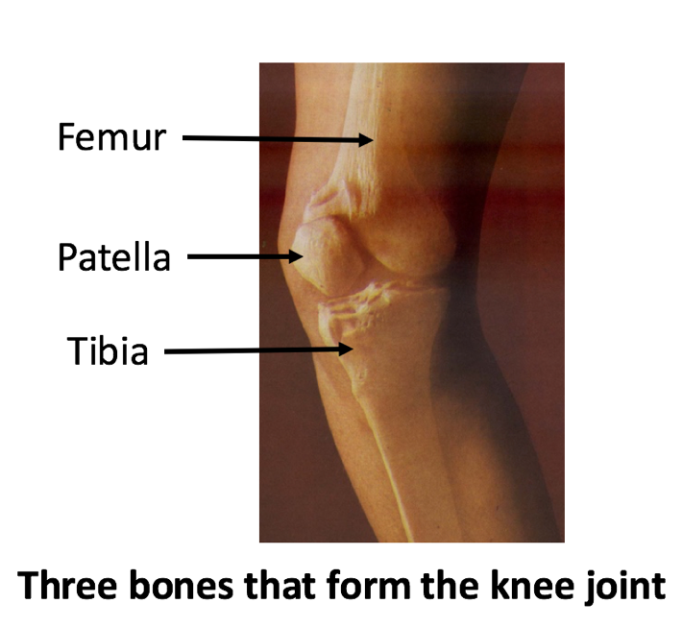
This is a thin, white covering on the bone ends which keeps them bones and provides a smooth, slippery surface for painless, free movement of your knee.
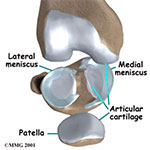
Three compartments of the knee are:
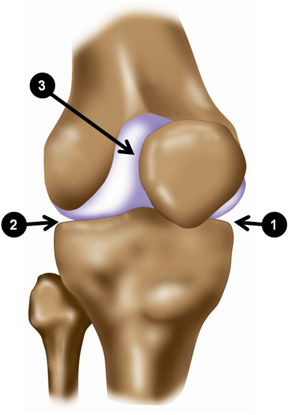
The end of your thigh bone (femur) can be compared to a rocking chair. It has two distinct surfaces called condyles, which rest on the shin bone (tibia), forming two ‘compartments’, the inner (or medial) and the outer (or lateral compartment). A third compartment is in the front of the knee behind the knee cap (patello-femoral compartment).
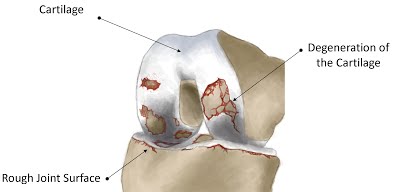
In knees with osteoarthritis, the cartilage protecting the ends of the bones gradually deteriorates, joint fluid loses its shock-absorbing qualities and bones may begin to rub against each other — all of which may cause the knee pain you're feeling. It is the most common cause of knee pain above 50 years of age. More common in women than men. Wear and Tear of the cartilage is constant process and body tries to repair it to very limited extend (as there is no blood supply to cartilage), however as age advances the natural repair activity is not able to maintain the cartilage and hence cartilage is lost.
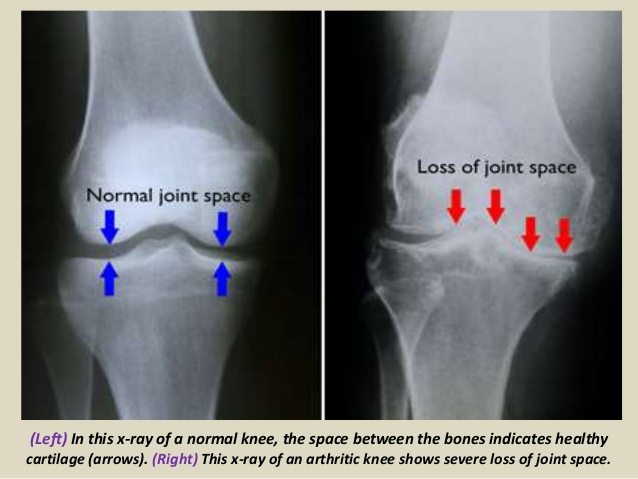
If your knee is damaged by an injury or osteoarthritis, it may be difficult for you to perform basic activities like walking and moving upstairs even you may feel tremendous pain while sitting or getting up from lying position. If the usual nonsurgical treatments, such as medications and other walking supports are no longer helpful, total knee replacement surgery is said to be the safest and effective surgical procedure particularly to those whose knees have been damaged by osteoarthritis.
'Knee Replacement' is actually misleading as your whole knee is not replaced! It only involves resurfacing the entire cartilage on the 3 bones where they move against each other. The new surfaces are made of metal and polyethylene and are fixed to your bones with special bone cement. The implants we use are imported, have been well tested, and have been used successfully for many years.
The surgeon removes a part of damaged bones from the lower end of the thighbone (femur) and replaces with a metal shell. Similarly damaged part of the bone from the upper end of the shinbone (tibia) is removed and replaced by channeled plastic piece with a metal base. Assessing the condition of the kneecap part of the knee joint, a plastic body may be added under the kneecap surface.
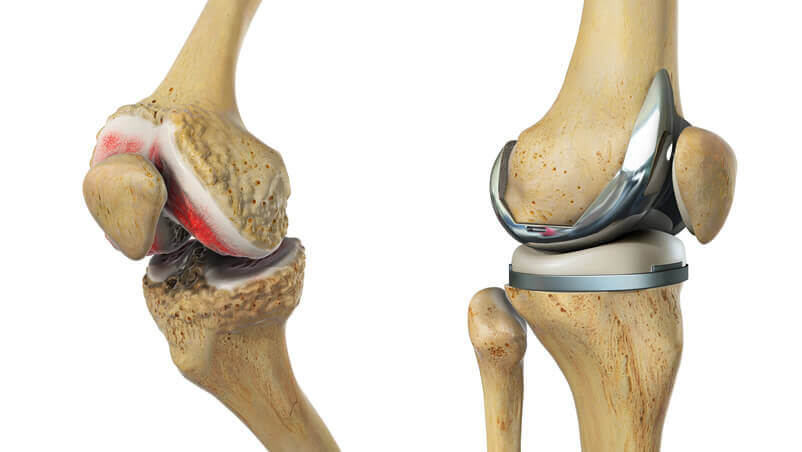
Model Showing Osteoarthritis on left side and Knee replacement on right side.
The reasons for recommendation of total knee replacement are:
Total knee replacement surgery recommendation depends on patient’s pain and degree of disability and not on age. Generally, total knee replacement surgery is done to the patients between the age group of 50 and 80 irrespective. However, in case of juvenile degenerative arthritis, the surgery also happens earlier.
Following evaluation method is performed by the orthopaedic surgeon:
Anesthetist will evaluate and apply general anesthesia that suits you the best. The surgical procedure generally takes 1 to 2 hours. The surgeon will remove the damaged bone and cartilage and place the prosthetic implant to restore the knee alignment and function.
You will stay in the hospital for 3 to 5 days for different supportive treatments for anti-pain, anti-inflammatory, prevention of blood clots and other physical therapy for smooth knee movement and finally you will be released to go home with proper medication and diet chart with physical therapy schedule.
Yes, if your tests done beforehand are normal and both your knees are affected, knee replacement can be safely done in both knees at the same sitting. Your hospital stay (2-3 days) and pain will be the same as when knee replacement is done only for one side. The advantages are that both legs will be of the same length, your knees will recover together, you will walk correctly from the first day, and you will not need to return to hospital for the second knee.
Success depends on the surgeon and his team's experience, skills and technique in performing it, and the implant design. We are internationally trained in is this operation and have excellent results.